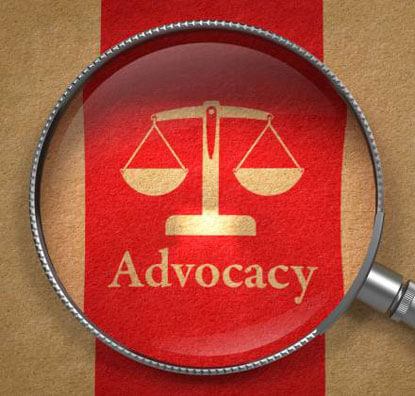A recent ruling by the 4th U.S. Circuit Court of Appeals in Richmond, Virginia has declared a North Carolina law that bans derogatory speech about political candidates as likely unconstitutional. The law makes it a misdemeanor to publish or circulate false or reckless reports about political candidates when such reports are intended to affect their chances for nomination or election. The ruling was in favor of Democratic North Carolina Attorney General Josh Stein, who sought to avoid prosecution for an ad that claimed his opponent had left 1500 rape kits on a shelf and thus allowed rapists to roam the streets.
The 4th Circuit ruled that the law likely violates the First Amendment for two reasons. Firstly, the appeals court stated that the law criminalizes truthful derogatory statements. Prosecutors do not have to prove the falsity of the statement or even allege it as long as they claim the speaker acted with reckless disregard for the truth. This goes against the First Amendment, according to the 4th Circuit.
Secondly, even if the law only applies to false statements, it only applies to political candidates in a primary or an election and only to derogatory statements intended to affect the candidate’s chances. This is an impermissible content-based distinction, the appeals court stated. The law allows speakers to lie with impunity about anyone except political candidates in an election, which is discriminatory.
The Feb. 8 opinion was written by Judge Toby J. Heytens, appointed by President Joe Biden.
The ruling highlights the delicate balance between protecting free speech rights and ensuring that political discourse remains honest and truthful. Laws that seek to regulate political speech must be carefully crafted to not infringe on the right to free speech. The 4th Circuit’s ruling serves as a reminder of the importance of protecting free speech rights, even when the speech may be deemed derogatory or false.
The 4th Circuit’s ruling provides a clear and concise statement on the importance of free speech in political discourse. The ruling emphasizes the need to ensure that laws that regulate political speech are crafted in a manner that does not infringe on the right to free speech. The ruling provides a victory for Democratic North Carolina Attorney General Josh Stein and serves as a reminder of the importance of protecting free speech rights in a democratic society.
REFERENCES:
State law criminalizing derogatory campaign speech is likely unconstitutional, 4th Circuit rules
















































